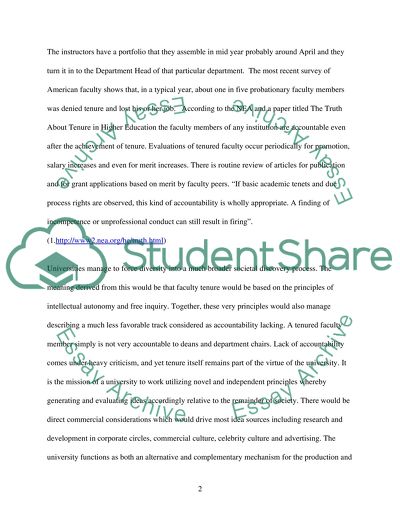Cite this document
(“Higher education Essay Example | Topics and Well Written Essays - 3500 words”, n.d.)
Retrieved from https://studentshare.org/miscellaneous/1521158-higher-education
Retrieved from https://studentshare.org/miscellaneous/1521158-higher-education
(Higher Education Essay Example | Topics and Well Written Essays - 3500 Words)
https://studentshare.org/miscellaneous/1521158-higher-education.
https://studentshare.org/miscellaneous/1521158-higher-education.
“Higher Education Essay Example | Topics and Well Written Essays - 3500 Words”, n.d. https://studentshare.org/miscellaneous/1521158-higher-education.


